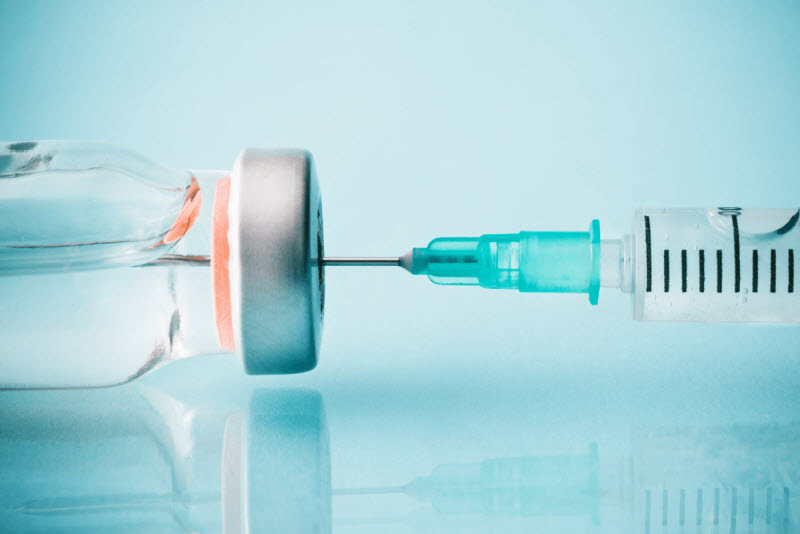In a recent senate estimate session, I raised questions about the massive purchase of 267 million COVID-19 vaccine doses for Australia’s 27 million population. Despite only using a fraction of these doses, concerns remain about transparency and cost efficiency of that purchase.
Bureaucrats state that there was a need for a diverse vaccine portfolio and future supplies, yet exact delivery figures remain undisclosed due to commercial sensitivities. 👂 Listen as they sidestep the questions.
The question remains, was the expenditure justified and how much has actually been delivered.
Transcript
Senator ROBERTS: I’d like to continue with the questions that I was asking before. Minister, the purchases of COVID injection doses were, by any measure, excessive—a cost of $18 billion—yet we have only used 37 per cent of Pfizer, 26 per cent of Moderna, 25 per cent of AstraZeneca and one per cent of Novavax. Why did we buy 267 million vaccines for a population of 27 million people?
Ms Fisher: I think that Professor Kelly went through some of the rationale for the COVID purchasing arrangements earlier. But just to recap, I think the most important consideration at the time was to ensure that every Australian would have access to COVID-19 vaccines. Given that it was a new vaccine and a whole new disease, it was necessary at the time to have a portfolio approach to our purchasing, so we had a number of vaccines purchased, and we needed to make sure that they were all going to be safe and effective and that we’d have enough of each of the vaccines to cover the population. I would note that, in terms of the vaccine program, purchasing is carrying through into the future as well. Some of the vaccine numbers that you gave are those that are currently going through the system. Also, we have an acceptable level of waste for the program, which we look into to make sure that it’s an effective and efficient use of public money.
Senator ROBERTS: According to my simple calculations, 267 million vaccines equate to 10 vaccinations for each individual; and that number also covers people who didn’t want to be vaccinated, so it’s even more than 10 person, per Australian, per baby.
Ms Fisher: I won’t question your maths but, going back to my comment about having a portfolio approach— noting that different vaccines, according to the advice of the Australian Technical Advisory Group on Immunisation, have been recommended over time for different groups, such as the AstraZeneca vaccine—it was necessary to have some flexibility in the purchasing arrangements.
Senator ROBERTS: Were all of the 267 million doses delivered to Australia?
Ms Fisher: Were they, at what time period?
Senator ROBERTS: Have they all been delivered?
Ms Fisher: No. Some of them continue to arrive through our advance purchasing agreements.
Senator ROBERTS: How many have arrived and how many are yet to arrive?
Ms Fisher: Due to commercial sensitivities and the secrecy provisions in the contracts, I’m not able to answer specific questions relating to specific vaccines around that. I am able to tell you how many we purchased of the different vaccines and some of the uptake that we’ve had overall, which is that 71 million vaccines have been administered over the last few years.
Senator ROBERTS: That’s about a quarter of what we bought.
Ms Fisher: Yes, so far, but there are more coming every day.
Senator ROBERTS: So, because of commercial sensitivity, you’re refusing to tell us how many have been delivered?
Ms Fisher: Yes, to date.
Senator Gallagher: And because of the requirements of the contract, the agreements, with the companies.
Senator ROBERTS: As I understand it, Minister, Ms Fisher is ‘required to produce to this committee any information or documents that are requested’, and I’ve requested the number of vaccines that have not been delivered.
Senator Gallagher: I don’t know what you’re reading from there but—
Senator ROBERTS: The standing orders.
Senator Gallagher: within the standing orders, there are also provisions for things like commercial in confidence. But we can tell you how much has been our expend. We can go through how many have been purchased from each company, and I would imagine we could answer by saying that the agreements are being conducted in accordance with the requirements of the contract, for example. That’s the transparency, but there are still legitimate reasons before committees that matters remain commercial in confidence or security in confidence for a range of different reasons.
Senator ROBERTS: As I understand it, Minister, there’s no privacy, security, freedom-of-information or other legislation that overrides this committee’s constitutional powers to gather evidence, and Ms Fisher and you are protected from any potential prosecution as a result of your evidence or producing documents to this committee. So, if you want to seek indemnity from providing that then you have to submit such a request to the committee.
Senator Gallagher: If you’re insisting that we provide that, I can refer the matter to the minister for health to make a public interest immunity claim, and I’m happy to do that.
Senator ROBERTS: Thank you; I’d like the data.










